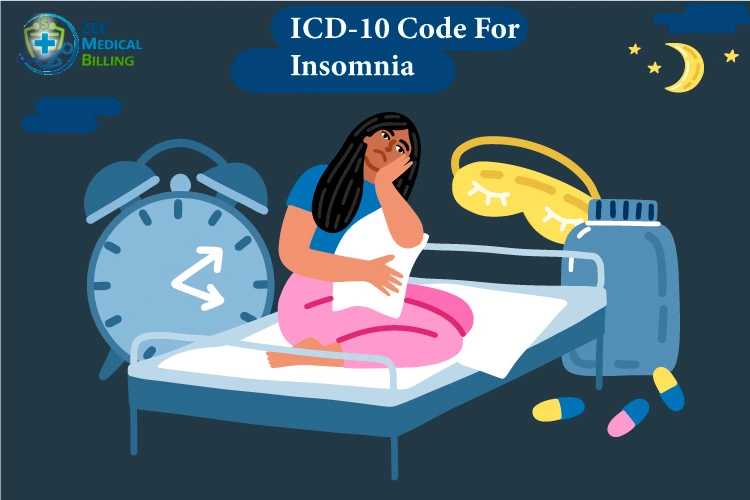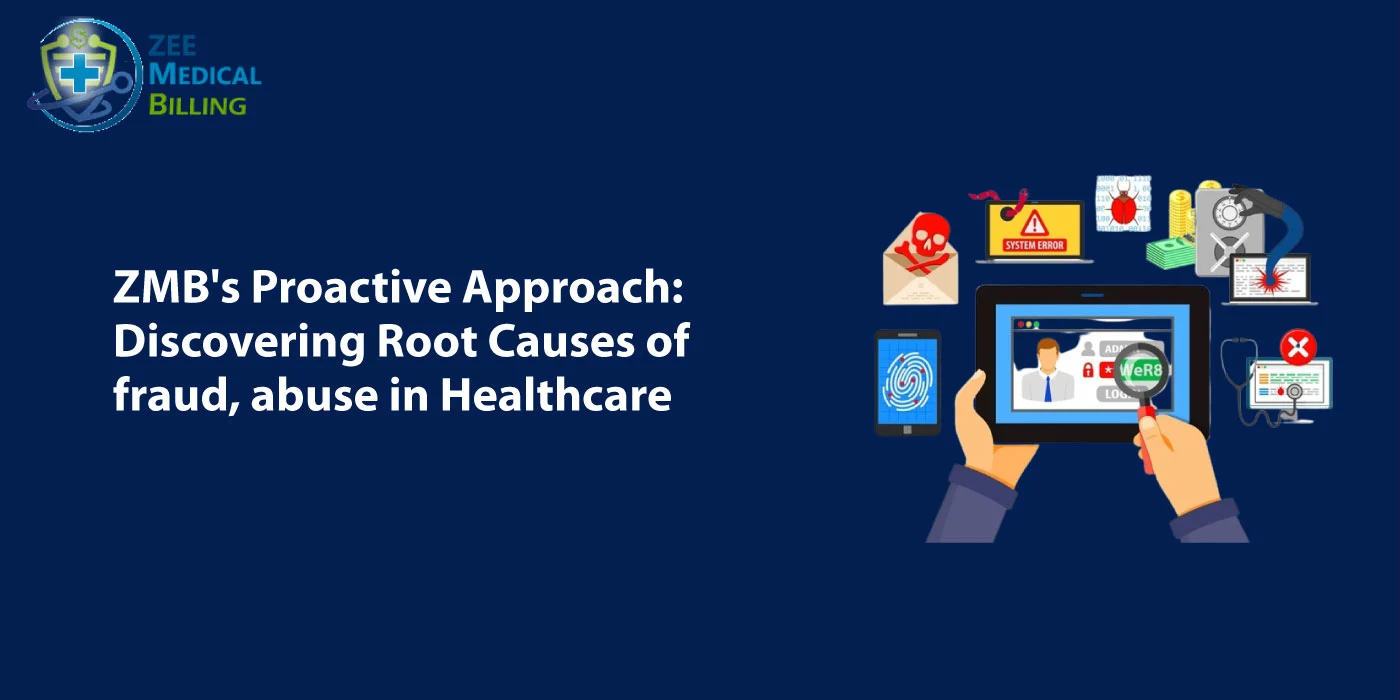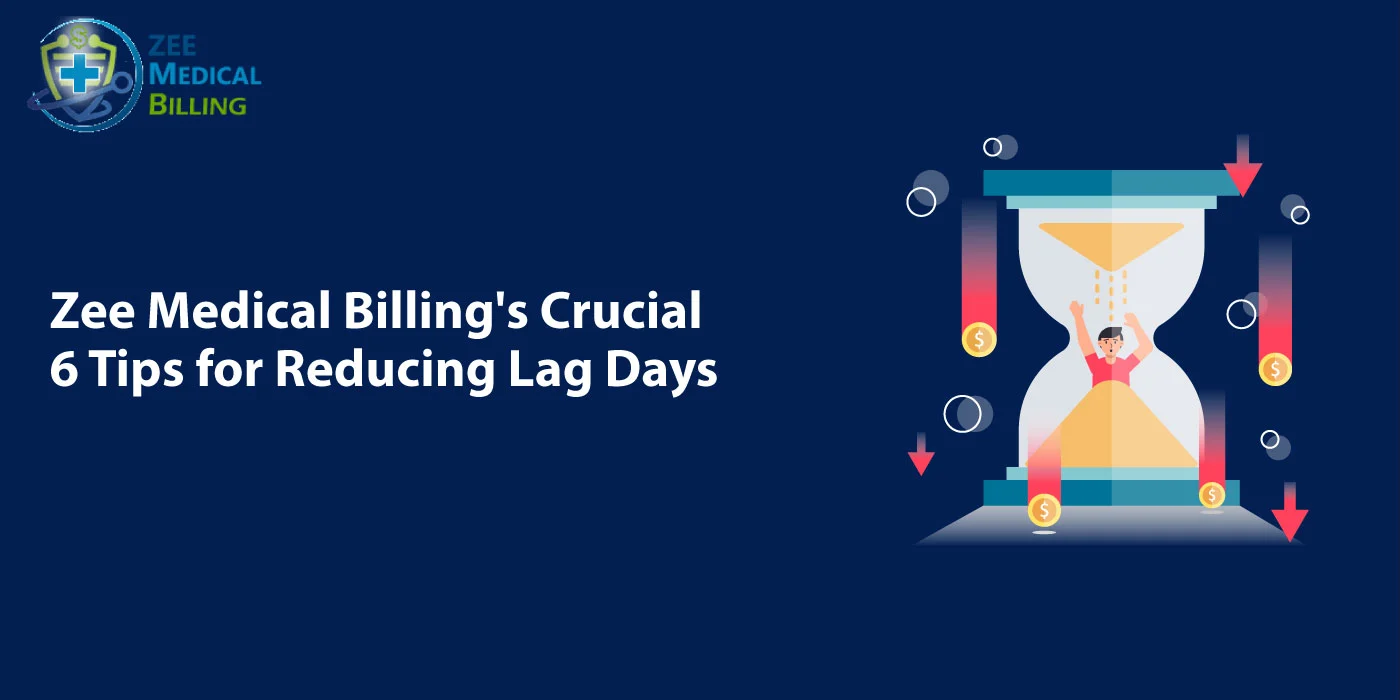You hear a lot about insomnia. These days, it is a fairly frequent condition to experience poor sleep, difficulty staying asleep, early awakenings, and difficulty falling back asleep. Poor sleep makes you feel drained and lazy the entire day. Insomnia affects between 50 and 70 million people living in the US. The ability to nap is a fantastic blessing since those who receive enough sleep are always alert and active. You don’t necessarily need to get ten or twelve hours of sleep.Everyone needs to get at least eight hours of sleep per night, however, this varies from person to person. To treat insomnia efficiently, utilize the ICD-10 code, but what are the specific codes available for this condition? What are the causes, symptoms, and treatment options for this illness? In this comprehensive guide, we’ll go over every point and piece of information you absolutely must be aware of. So let’s get going!
What is insomnia?
Insomnia is a condition that makes it difficult for you to get the recommended amount of sleep, which is at least 8 hours. It can cause a number of issues, such as daytime weariness, mood swings, and weakened performance in daily activities. When you don’t get enough sleep, insomnia may develop. There are various types of insomnia, from light to severe. Insomnia affects 10–30% of people worldwide, and it can reach 50–60% in some nations. It is growing every day as time goes on. Lack of sleep can have a big impact on one’s life, so it’s important to seek the right therapy for insomnia so that it doesn’t worsen and endanger your wellbeing.
Understanding ICD-10 Codes
Before diving into the specific codes for insomnia, it’s essential to grasp the basics of the International Classification of Diseases, 10th Edition (ICD-10). These codes are a standardized system used globally to classify diseases and health-related conditions for various purposes, including medical billing and research.
Causes of Insomnia
Several factors can contribute to the development of insomnia:
Stress and Anxiety
Daily stressors and anxiety can keep your mind racing at night, making it challenging to relax and fall asleep.
Poor Sleep Hygiene
Bad sleep habits, such as irregular sleep schedules or excessive caffeine intake, can disrupt your sleep patterns.
Medical Conditions
Certain medical conditions, such as chronic pain, asthma, or acid reflux, can interfere with your ability to sleep soundly.
Medications
Some medications have side effects that include sleep disturbances. Consult your healthcare provider if you suspect this is the case.
Symptoms of Insomnia
Recognizing the symptoms of insomnia is the first step toward seeking help and finding relief:
- Difficulty falling asleep
- Frequent awakenings during the night
- Waking up too early and being unable to fall back asleep
- Daytime fatigue and irritability
- Impaired concentration and memory
The Structure of ICD-10 Codes
ICD-10 codes follow a specific structure that consists of alphanumeric characters. Here’s a breakdown of how an ICD-10 code is structured:
Category: The first character represents the category of the condition.
Etiology: Characters 2 and 3 describe the etiology, which refers to the cause of the condition.
Anatomy: The next character (character 4) provides information about the affected organ or body part.
Severity: Character 5 indicates the severity of the condition.
Extension: Characters 6 and 7 can be used to add supplementary details.
Placeholder: The last character serves as a placeholder.
Insomnia in ICD-10
Now that we have a basic understanding of how ICD-10 codes work, let’s delve into the codes specifically associated with insomnia. Insomnia, as mentioned earlier, is a complex condition with varying manifestations. ICD-10 accounts for these variations through different codes under the category “G47 – Sleep Disorders.”
G47.0 – Insomnia Due to Medical Condition
This code is used when insomnia is directly linked to an underlying medical condition. It’s essential to identify and code the primary medical condition that is causing insomnia.
G47.1 – Insomnia Due to Psychological Factors
When psychological factors, such as stress, anxiety, or depression, are the primary contributors to insomnia, code G47.1 is used. Again, it’s crucial to address the underlying psychological condition in the coding.
G47.2 – Insomnia Due to Other Sleep Disorder
Sometimes, insomnia may be a result of another sleep disorder, like sleep apnea. In such cases, apply code G47.2, along with code for the coexisting sleep disorder.
G47.3 – Transient Insomnia
This code is employed when insomnia is temporary, lasting for a short duration due to specific circumstances like jet lag or a sudden change in sleep schedule.
G47.4 – Chronic Insomnia
Chronic insomnia is characterized by long-term sleep disturbances. When coding chronic insomnia, it’s important to document the duration and underlying factors.
G47.8 – Other Insomnia
For insomnia cases that don’t fit into the above categories, G47.8 is used. It’s important to provide detailed documentation to support this code.
G47.9 – Insomnia, Unspecified
When the specific cause or type of insomnia cannot be determined or is unspecified, G47.9 is used. However, efforts should be made to identify the cause whenever possible.
Diagnosis and Evaluation
If you suspect you have insomnia, it’s essential to consult a healthcare professional for a proper diagnosis. They will review your medical history, and sleep patterns, and may even recommend a sleep study to evaluate your condition further.
Treatment Options
Fortunately, there are various treatment options available to manage insomnia effectively:
Cognitive Behavioral Therapy (CBT): CBT is a highly effective therapy for insomnia, aiming to change behaviors and thought patterns that contribute to sleep disturbances.
Medications: In some cases, medications may be prescribed to help with sleep initiation or maintenance. These should be used under the guidance of a healthcare provider.
Lifestyle Changes: Simple changes in your daily routine, such as creating a calming bedtime ritual and avoiding stimulating activities before bed, can significantly improve your sleep.
Final thoughts
Accurate coding of medical conditions like insomnia is vital for healthcare providers and insurers. Understanding the ICD-10 codes for insomnia, as outlined in this article, can streamline the coding process and ensure that patients receive appropriate care and insurance coverage. If you’re a healthcare professional or medical coder, it’s crucial to stay updated on the latest coding guidelines and ensure that your documentation is precise and comprehensive. Experience the future of medical billing with Zee Medical Billing! Our cutting-edge services not only streamline medical documentation but also offer invaluable insights, including the ICD 10 code for insomnia. Trust us to revolutionize your practice’s financial health while ensuring accurate coding for better patient care.
Why choose Zee Medical Billing?
Unlock the power of precision and efficiency with Zee Medical Billing! We are your trusted partner in medical billing, offering comprehensive services that encompass billing documentation and ICD-10 coding for iron deficiency anemia. Our team of experts ensures that your billing process is not only streamlined but also highly accurate, so you can focus on delivering quality patient care while maximizing revenue. Join hands with Zee Medical Billing and experience a new era of billing excellence.





